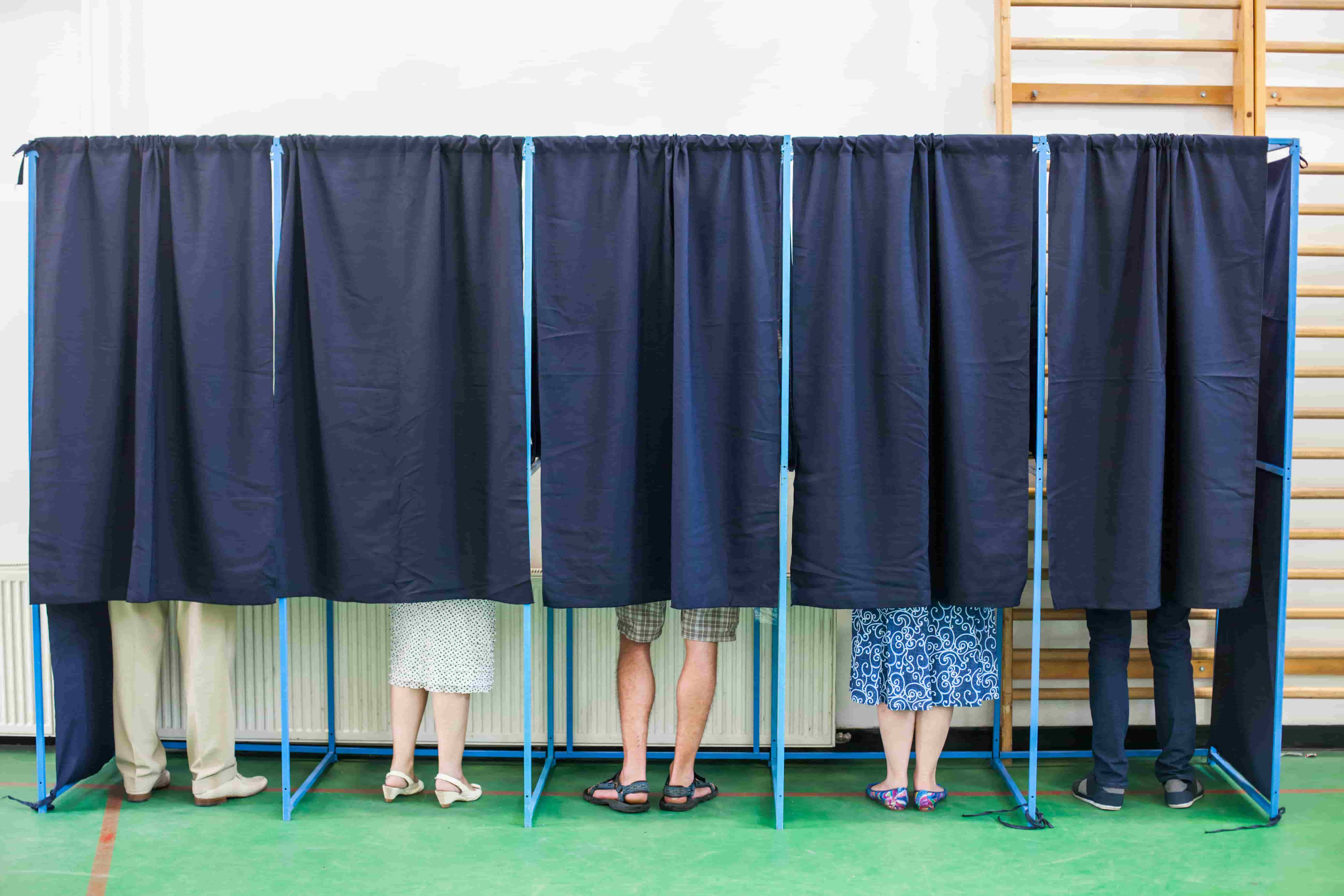Last week, the Senate Appropriations Committee approved $250 million in funds to support state and local government efforts to strengthen election security ahead of the 2020 elections. The Committee’s action is an acknowledgment that securing elections from foreign interference is a bipartisan priority that requires more funding and continuous vigilance.
Elected leaders must demonstrate a willingness to prevent and mitigate election interference to deter attacks. The bipartisan consensus around providing additional funds sends a signal to foreign governments that interference in U.S. elections will not be tolerated.
These funds will enable states and localities to begin tackling urgent needs in the run up to the 2020 elections. Those needs include replacing antiquated voting equipment, updating voter registration systems, and reviewing the security of their voting technology. ASD experts, together with those at Brennan Center, R Street and the University of Pittsburgh Center for Cyber Law, Policy and Security, documented in this report that earlier disbursements of federal funding helped states address certain vulnerabilities, but unfunded needs remain.
The additional funding tacitly acknowledges the ongoing nature of the threat and the evolution of the tools and tactics employed by authoritarian regimes. There is no silver bullet to fully protect elections. States and their localities need regular funding in order to address short and long-term election priorities, such as replacing voting systems and conducting audits of voting technology. The Committee’s action — in concert with the $380 million the federal government gave states in 2018 — underscores the importance of consistently funding election security efforts to combat foreign interference.
Much work remains. For one, this legislation isn’t a done deal. The House version of the fiscal 2020 Financial Services and General Government Bill includes $600 million and has conditions associated with it, so the two chambers will need to reconcile their differences. Under the Senate’s bill, states have greater discretion on how to spend the funds, which gives election administrators more flexibility but also opens up the possibility that funds could be spent in a manner that does not align with the best election security practices.
Regardless of this legislation’s outcome, more resources and election security legislation are needed to protect the country’s future elections from attacks. Nevertheless, this bipartisan action is a step in the right direction.
The views expressed in GMF publications and commentary are the views of the author alone.





